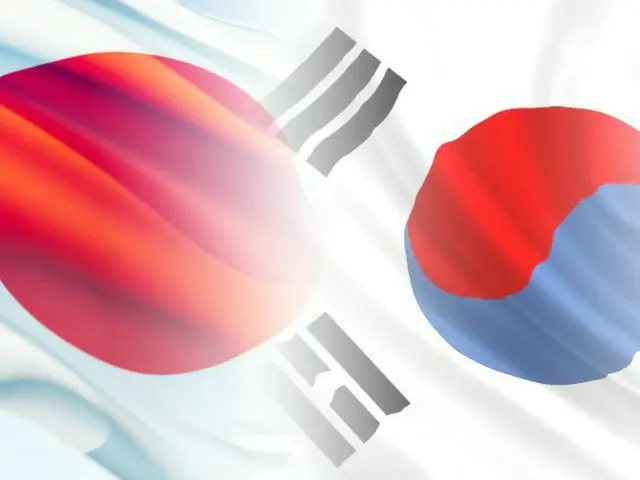I applied for sae. While Korean media reported, ``If the petition is approved in court, this will be the first case in which funds from a Japanese company go directly to the victims.'' (The Hankyoreh), while Japanese media reported that
``If the plaintiffs obtain the money deposited, it will cause real harm to Japanese companies and violate the 1965 Japan-Korea Claims and Economic Cooperation Agreement, which states that the claims issue has been 'completely and finally resolved.'' Yomiuri Shimbun
), etc. On the 28th of last month, the Supreme Court awarded 50 million won in a lawsuit in which Korean former conscripted workers sought compensation from Hitachi Zosen for forced labor during World War II.
A compensation order of approximately 5.5 million yen has been finalized. In January 2019, immediately after Hitachi Zosen lost the case in the second instance, it deposited 60 million won to the court in order to prevent the seizure of its assets in South Korea.
The plaintiff has now filed an application to seize this deposit as compensation. The court's decision is expected to take several months.
The issue of former forced labor lawsuits has long been the biggest issue of concern between Japan and South Korea, but as the liquidation of labor approaches, South Korea
The national government announced a solution last March. The content is that the ``Japanese Imperial Forced Mobilization Victims Support Foundation'', which is affiliated with the South Korean government and supports former forced laborers, will act on behalf of Japanese companies that have been ordered to compensate former forced laborers.
The plaintiffs will be paid an amount equivalent to compensation, including interest on late payment. When the South Korean government announced this solution, President Yoon Seo-gyul said, ``Until now, the government has not respected the position of the victims.''
"This is the result of searching for a method that is consistent with the common interests and future development of both Korea and Japan." The foundation has so far worked with one of the 15 plaintiffs who were successful in the former labor recruitment lawsuit, and one of them is still alive.
Payments to the bereaved families of 10 people have been completed. However, the remaining four plaintiffs and their families have refused to accept an apology or compensation from the Japanese company.
Japanese companies have been losing one after another in former forced labor lawsuits. On the 11th of this month, the Supreme Court also ruled that defendant Nippon Steel
Appeal dismissed. The second instance judgment ordering the company to pay 100 million won has been finalized. As it is expected that Supreme Court judgments ordering Japanese companies to pay compensation will continue in the future, the foundation will run out of financial resources to provide compensation.
It has been pointed out that there is a possibility that When the South Korean government announced the solution, it said it would solicit donations from private companies and set up a foundation that would pay the equivalent amount of compensation, but so far only South Korea has contributed.
Only by major steel company POSCO. Even including donations from individuals, the total amount of donations collected so far remains at just over 4.1 billion won. Minister of Foreign Affairs Cho Tae-yeol took office on the 10th.
Regarding solutions to the recruitment issue, he said, ``I hope that Japanese private companies will follow the trend of improving Korea-Japan relations and participate in efforts to resolve the issue as if they were on board with us.'' .
However, the Japanese government maintains that the issue of post-war compensation between Japan and South Korea was resolved in the 1965 Japan-Korea Claims Agreement, which confirmed that it was ``completely and finally resolved.''
The plaintiff, who won the lawsuit against Hitachi Zosen at the end of last year, has applied for the seizure of the company's "deposit money" deposited with the court.
If the deposited money is allowed to be received as compensation, it will cause real harm to Japanese companies and violate the agreement. According to a report in the Asahi Shimbun on the 11th, the company "has no comment at this stage."
It is said that Meanwhile, an official from South Korea's Ministry of Foreign Affairs said, ``We are aware of the deposit,'' but only said, ``This is a matter for the plaintiff to decide, so we would like to refrain from making any specific comments.'' On top of that
There is no change in the policy of continuing to provide compensation to successful plaintiffs through the ``third-party payment'' announced in March last year, in which a foundation affiliated with the South Korean government pays compensation on behalf of Japanese companies. Strong
I tuned it.
2024/01/15 15:03 KST
Copyrights(C)wowkorea.jp 5

